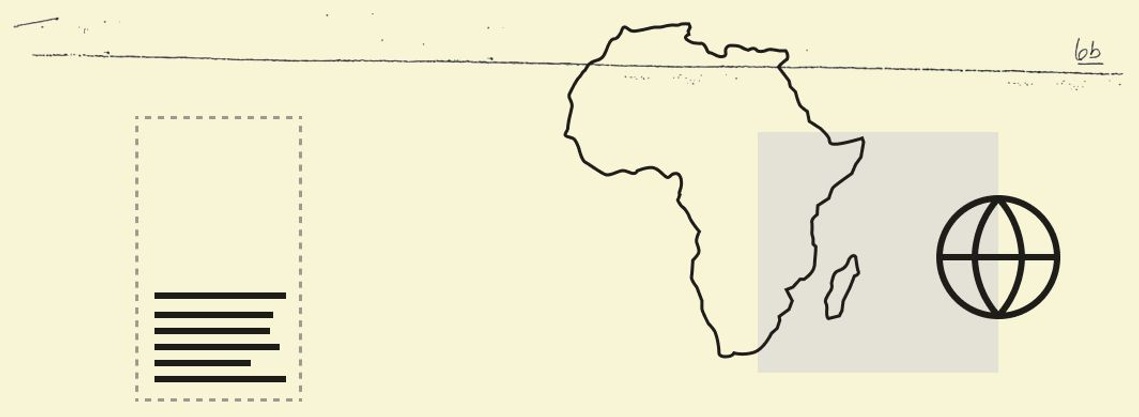 Business & Macro🇳🇬 🇿🇦 Nigeria and South Africa signed a pact to cooperate on growing their mining sectors, Nigeria’s mines minister said. 🇰🇪 Kenya received $600 million in short-term financing from commercial banks to fund urgent road construction projects amid revenue shortfalls connected to tax collection deficits and high debt repayments. Climate & Energy🇳🇬 Nigeria reduced the electricity subsidies it pays by 35% following an increase in electricity tariffs last year that removed subsidies for 15% of customers. 🇿🇦 South African electric vehicle-charging stations startup Zimi secured a $320,000 grant from the Energy and Environment Partnership, a clean energy investor, to test a technology that allows EVs to return electricity to the grid. Geopolitics & Policy🇿🇼 A group of 4,000 white Zimbabwean farmers rejected the government’s compensation deal for land seized in the early 2000s, calling for renegotiations. 🇺🇬 Uganda is planning to create a law that allows for civilians to be prosecuted in military tribunals, despite a January Supreme Court ruling that barred one such case from proceeding. Tech & Deals🇰🇪 Kenyan logistics startup Twiga Foods acquired stakes in three local consumer goods companies Jumra, Sojpar, and Raisons to diversify its operations away from fresh produce. 🇿🇦 South African payments startup Stitch raised $55 million from firms including QED Investors, Norrsken22, Flourish Ventures, and a range of angel investors including the comedian Trevor Noah. |